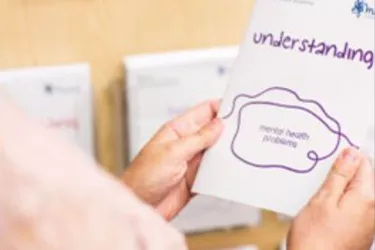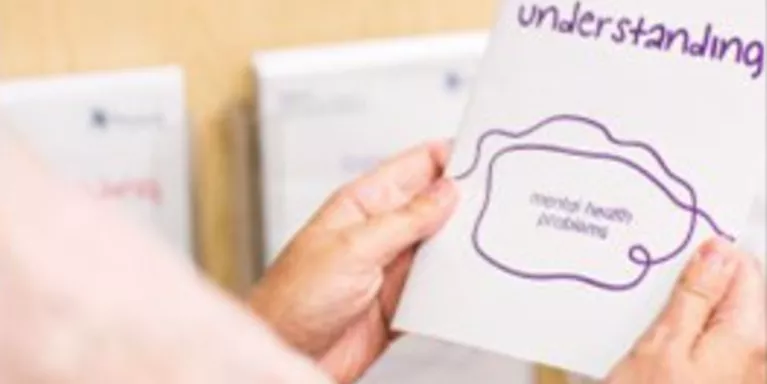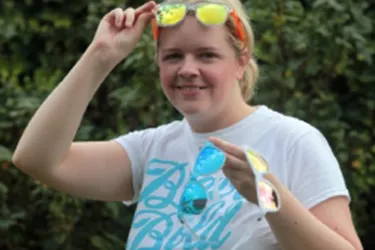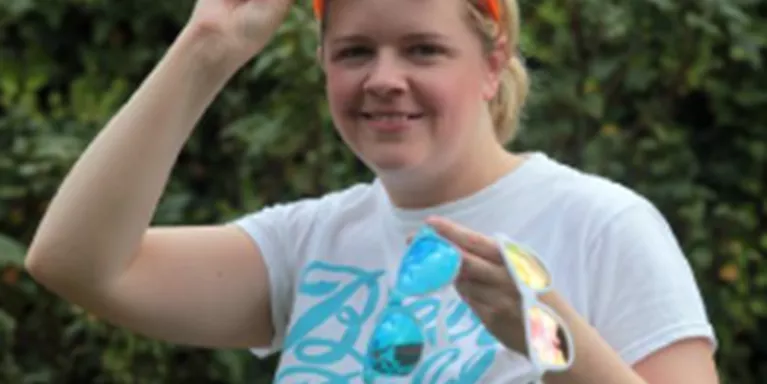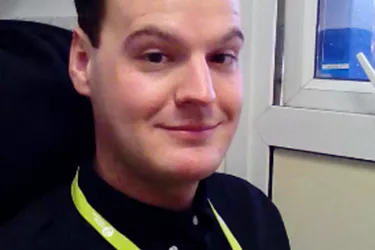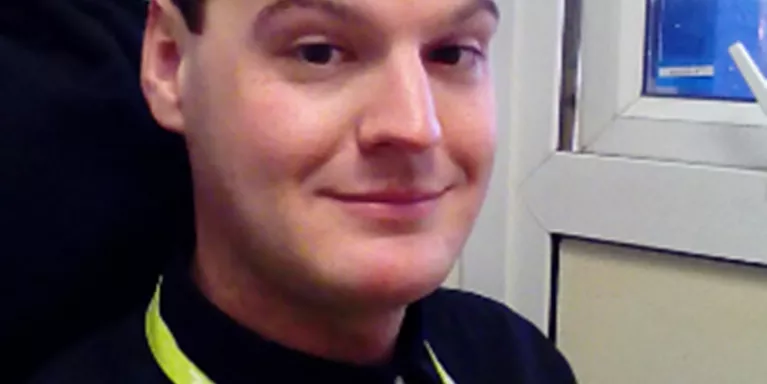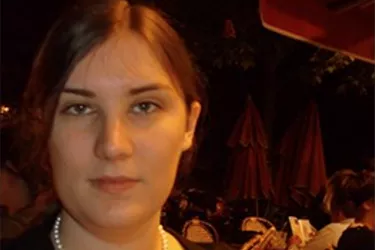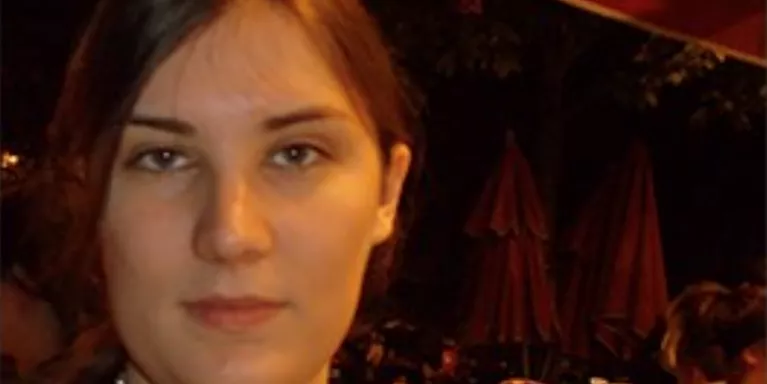Starting my own business changed my life
Emma writes about living with Social Anxiety Disorder and Bipolar, and why she started her own business.
There is always a feeling of absolute failure when you can’t achieve a simple human task. Speaking to another person for example; it’s the most basic form of communication. But I spent over half of my life pinned to the floor in fear if anyone looked in my direction.
I was 18 years old when I was diagnosed with Social Anxiety Disorder. The term seemed pretty lame in comparison to the actual impact it was having on my life. I’d just scraped through my A-Levels with a poor attendance record, had no friends and had quit university after just one semester. I don’t think I could have gotten any deeper into the darkness of depression.
At first I tried attempting several forms of therapy under the care of a psychiatrist, but it was tough. There wasn’t as much understanding about the condition as there is now and I was told I would grow out of it. Sadly, it just seemed to get worse the older I got.
"The hardest part for me was seeing others doing so well."
By the time I was 21 I was a complete recluse. I barely left my home and hid if anyone came over to visit. The panic attacks were crippling and many times I wanted to give up.
The hardest part for me was seeing others doing so well. Social media was just starting to take off and I could see those I once knew, graduating university, starting careers and travelling the world. I just wanted to be like them, but every time I tried I would be beaten down by fear.
I was unemployed for a long time and spent every day trying to overcome my phobiawith cognitive behavioural therapy. I was further diagnosed with Bipolar Disorder when I was 26. It was hard at times and I felt so worthless; but eventually I felt like I had reached a point where I could get a job.
At the age of 28 I got a job working for an internet marketing company as a junior marketer. Having absolutely no experience, I was employed because of the skills I’d taught myself in computer programming and SEO. I was still shy around others, but wasn’t crippled by anxiety. I enjoyed the first couple of weeks and felt hopeful that my life had just turned a corner.
"I didn’t just dislike myself, I despised myself. Who would want someone like me? I was a waste of time and space."
Unfortunately, just three weeks into my role, I happened to mention to my boss I had Bipolar Disorder during a discussion about mental illness. I knew straight away I’d made a massive mistake. Just 24 hours later I was called into a meeting with him. It was the most uncomfortable thirty minutes of my life, with anxiety flooding my system once again. I knew I was no longer wanted and handed in my resignation.
That experience left me back at home with depression. I didn’t just dislike myself, I despised myself. Who would want someone like me? I was a waste of time and space.
One day I was reading a newspaper about a charity which helped people into self-employment. It was something I’d always thought about doing, but my confidence in myself was at an all-time low. It took a good few months before I found the courage to apply. Most of it came from the growing frustration of every day being the same; I just wanted to break free. I decided in the end not to think too much about it, focus on the goal of being financially independent and hit the send button! Once I did it there was part relief and part absolute anxiety, but my anxiety was short lived once I realised I was capable of doing this.
"It was hard work, but I finally had a reason to get out of bed in the morning."
I set up my business in design and illustration at the age of 31. I was also diagnosed with Asperger Syndrome just a few days before I began trading. I was incredibly nervous about working for myself, but also very excited. I started off with one customer and she referred me on to another four. It was hard work, but I finally had a reason to get out of bed in the morning.
Business went really well and before long I was being invited to share my story with both business leaders and celebrities. It was terrifying at first, but actually really rewarding. The highlight of my entrepreneurial life was seeing Simon Cowell wearing a pair of sunglasses I’d designed at an Award Show. I also won an award that day and had to speak to 2000 people, including Prince Charles.
I’ve been self-employed for four years now and have recently set up my second business, Brave & The Bold. I’ve been lucky enough to be accepted on to a business accelerator programme and currently share a fantastic office with 70 other businesses. I’ve made it my intention to donate a percentage of our profits each year to Mind.
Becoming self-employed has been a rewarding and life-changing experience. There have been challenging times, but it’s so worthwhile when you see your customers walk away with a smile on their face. I would say to anyone thinking about becoming self-employed; just take a leap of faith and go for it.
Here are my top tips for starting your own business:
1) Write a business plan before you start. Even if it’s just some simple goals initially. Preparing can help stop you becoming overwhelmed in the early days.
2) Stick with something you love. For me, there is no better feeling than being paid for something you are passionate about.
3) Find someone who is willing to help you. I had a mentor for the first two years and it helped to talk to someone who had more experience than me. Most enterprise agencies can help you find a volunteer mentor.
The best part is that your skills are the only thing you’re judged on. It’s entirely up to you how far you want to go. It’s a great feeling to prove your doubters wrong!
Find out more about mental health at work on this page of our website.
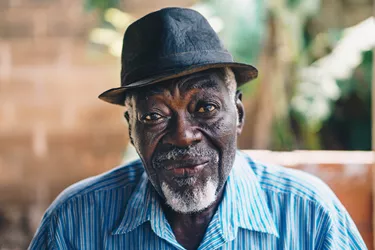

Information and support
When you’re living with a mental health problem, or supporting someone who is, having access to the right information - about a condition, treatment options, or practical issues - is vital. Visit our information pages to find out more.
Share your story with others
Blogs and stories can show that people with mental health problems are cared about, understood and listened to. We can use it to challenge the status quo and change attitudes.










